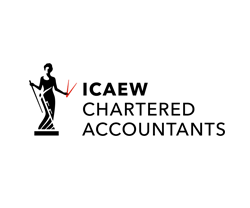The Jonathan Ford & Co Advent Calendar – Day 20

Over the course of the festive season we’ll be bringing you an advent calendar’s worth of tax and financial tips. Some of them might even be a little Christmassy! Getting close to the big day now so step into Christmas with some great advice…
Don’t make tax mistakes
If you avoid the mistakes listed below then you’re well on the way to keeping your tax bill as low as the law allows.
- Not speaking to your accountant
This is by far the most costly mistake any business owner can make. Your accountant is highly trained in accounting and taxation (or at least they should be) so why would you not speak to them before entering into significant transactions? The purchase of property in particular is difficult to unravel if the most tax efficient route isn’t taken from the outset.
- Assuming tax rules are logical
Just because you paid for it doesn’t mean it’s an allowable business expense. The big one is the entertainment of clients and staff. HMRC can’t bear anybody having fun, so client entertaining is never tax deductible even though it is often a vital part of winning and retaining customers.
Entertaining staff, such as taking them for a business lunch, is normally tax deductible for the company but the employee will nearly always be in receipt of a taxable benefit in kind. Nice one, boss! The solution? See point 1!
- Not having fee protection
Tax is very rarely a black and white subject so you need a professional to help you with the grey areas in the event of an HMRC enquiry. Fee protection allows you to have expert representation safe in the knowledge that the accountant’s fees won’t eclipse the tax at stake.
If taking a dispute worth £500 in tax to tribunal will cost £1,000 in fees then you’re likely to simply concede to HMRC. So not only could fee protection save you tax, it will save you on tax advisory fees.
- Taking too much cash out of a limited company
Trading through a company can be tax efficient if a “low salary/high dividend” strategy is put in place. If you take more dividends than post-tax reserves allow, however, then the cash drawn has to be treated as a loan.
Loans to directors and shareholders come with all sorts of tax and compliance issues – for both the company and you – that are expensive to resolve. It’s best to avoid getting into this situation in the first place, so get an accountant such as ourselves to produce regular management accounts.





